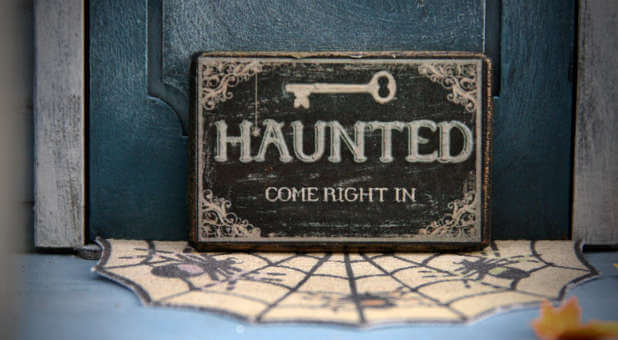I like situational comedy television programs. I mostly watch the older programs because the cultural shift over the years has resulted in newer programming containing things I choose not to watch.
But that is not the topic of this article, and I do not want to get sidetracked. For those who do watch sitcoms, you know that many different programs seem to reuse episode themes from previous sitcom episodes. One of those recurring themes that I have watched over and over in different sitcoms goes something like this.
For some reason, the parents decide they should sell the family home. It may be financed; it may be that they have outgrown the home or even that they are soon to be empty nesters and no longer need as much space. Regardless, the decision to sell the home is announced to the dismay of the children (and sometimes the adults).
Some members of the family, usually the children, decide: “This house cannot be sold.” They formulate a plan, which usually includes either sabotaging the home during visits by prospective buyers or using some form of the haunted house scare tactic. The deception usually doesn’t go well.
You may be asking yourself, “What does this have to do with the Bible, or me for that matter?” Good question. To find out, let’s look in the Bible to read the first time we see this kind of deception being tried.
In Numbers 13, we read about the report from the 10 spies who did not believe they could take the land of Canaan, even though G-D had promised He would give it to them. In Numbers 13 verses 26-29, the spies explain that the reason they could not take the land was because it was inhabited already. But Caleb rebukes them and their reasoning when he stands up and says, “We should definitely go up and capture the land, for we can certainly do it!” (Num. 13:30, TLV).
So they have to try a different tactic, the same one we still watch today on sitcoms. They tried to scare the people into not taking the land, as we read in Numbers 13:32-33:
“They spread among Bnei-Yisrael a bad report about the land they had explored, saying, “The land through which we passed to explore devours its residents. All the people we saw there are men of great size! We also saw there the Nephilim. (The sons of Anak are from the Nephilim.) We seemed like grasshoppers in our eyes as well as theirs!”
The Hebrew word that is translated “bad report” literally means to whisper defamation or falsehoods. What we see here is that after Caleb rejected their first claim for not being able to take the land, the 10 spies tried to scare the children of Israel by claiming Giants and Nephilim were in the land. This would be equivalent to the “haunted house” deception above. Notice, the end of verse 33 was all about perception, not reality.
Too often, we as believers fail to receive the blessings and promises that G-D has for us because we listen to the “bad reports” of others who do not want us to have what G-D promised because they don’t believe His promises. But even worse than simply not receiving our promises, we actually begin to believe the lies that giants and Nephilim exist. {eoa}
Eric Tokajer is author of With Me in Paradise, Transient Singularity, OY! How Did I Get Here?: Thirty-One Things I Wish Someone Had Told Me Before Entering Ministry, #ManWisdom: With Eric Tokajer, Jesus Is to Christianity as Pasta Is to Italians and Galatians in Context.












